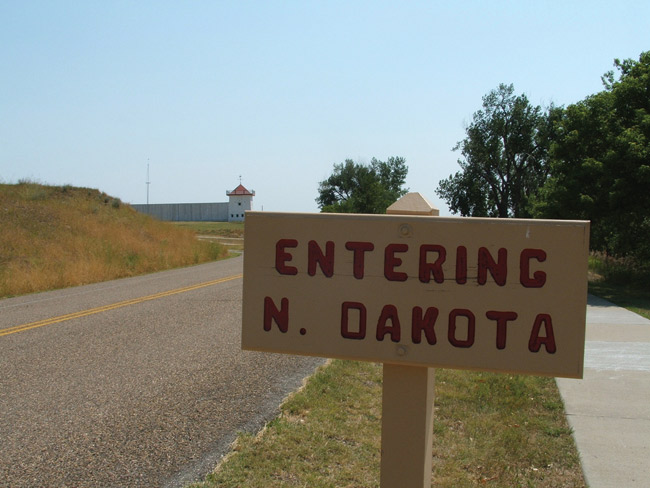Could the mortgage on the building that once housed your local Circuit City be Ground Zero for the next financial crisis? A new report (PDF) by Elizabeth Warren‘s Congressional Oversight Panel, which is in charge of monitoring the bank bailouts, says “maybe.”
Warren’s panel warns that a rapidly approaching “wave” of loan losses on commercial real estate (CRE) “could jeopardize the stability of many banks.” That’s because $1.4 trillion in CRE loans need to be refinanced between 2011 and 2014, and according to the panel “nearly half” of them are “underwater”—that is, the mortgage-holders owe more than the underlying property is worth. If the owners can’t refinance, they’ll probably default. That’s bad:
When commercial properties fail, it creates a downward spiral of economic contraction: job losses; deteriorating store fronts, office buildings and apartments; and the failure of the banks serving those communities.
There’s more bad news: it’s community banks, not the Wall Street giants, that are most vulnerable to CRE defaults. And the panel doesn’t rule out the possibility of bailing out some of them:
There are no easy solutions to these problems. Although it endorses no specific proposals, the Panel identifies a number of possible interventions to contain the problem until the commercial real estate market can return to health. The Panel is clear that government cannot and should not keep every bank afloat. But neither should it turn a blind eye to the dangers of unnecessary bank failures and their impact on communities.
It’s a heck of a dilemma. No one wants to see more bailouts—and they’re probably politically impossible, anyway. But if community banks fail, the big banks will become even more powerful and the financial system will become even more vulnerable to catastrophic failure. What a mess.















